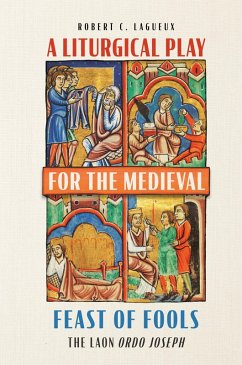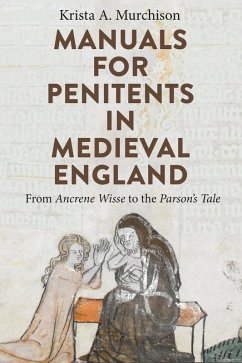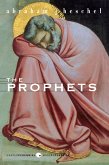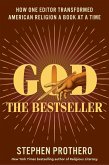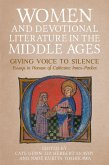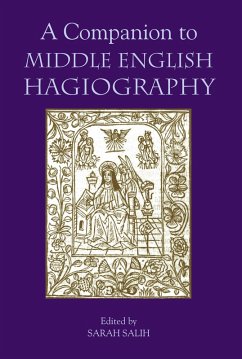A newly identified medieval play for the Feast of Fools, with a new English translation and musical edition ready for performance.
Scholars and non-scholars alike have long been fascinated by the medieval "Feast of Fools", the annual celebration on or around the New Year that came to be known for its inversion of established hierarchies, its boisterousness, and its scurrilous, even sacrilegious, clerical behaviour. However, we now know that many of the most obscene and subversive practices associated with the feast were, in fact, the misunderstandings, exaggerations, or even fabrications of overzealous ecclesiastical reformers.
Our most reliable information about the Feast comes from the scant extant liturgical items that clerical communities actually used during their celebrations. This book shows that the twelfth-century Ordo Joseph from Laon, in France - a play long-known to scholars, telling the story of Joseph the patriarch and his brothers -- is in fact a drama for the Feast of Fools, long hidden in plain sight, intended for performance at Epiphany. It situates the play within the context of the cathedral community's history of biblical exegesis under its school-master Anselm of Laon, proposing "performative gloss" as an important new tool for understanding how medieval liturgical dramas generated meaning. It Includes a new Latin edition of the text, accompanied by an English translation, as well as a musical reconstruction that harnesses the music of Laon's liturgy and finally makes possible a performance of this spectacular, newly identified Feast of Fools drama.
Scholars and non-scholars alike have long been fascinated by the medieval "Feast of Fools", the annual celebration on or around the New Year that came to be known for its inversion of established hierarchies, its boisterousness, and its scurrilous, even sacrilegious, clerical behaviour. However, we now know that many of the most obscene and subversive practices associated with the feast were, in fact, the misunderstandings, exaggerations, or even fabrications of overzealous ecclesiastical reformers.
Our most reliable information about the Feast comes from the scant extant liturgical items that clerical communities actually used during their celebrations. This book shows that the twelfth-century Ordo Joseph from Laon, in France - a play long-known to scholars, telling the story of Joseph the patriarch and his brothers -- is in fact a drama for the Feast of Fools, long hidden in plain sight, intended for performance at Epiphany. It situates the play within the context of the cathedral community's history of biblical exegesis under its school-master Anselm of Laon, proposing "performative gloss" as an important new tool for understanding how medieval liturgical dramas generated meaning. It Includes a new Latin edition of the text, accompanied by an English translation, as well as a musical reconstruction that harnesses the music of Laon's liturgy and finally makes possible a performance of this spectacular, newly identified Feast of Fools drama.
Dieser Download kann aus rechtlichen Gründen nur mit Rechnungsadresse in A, D ausgeliefert werden.

